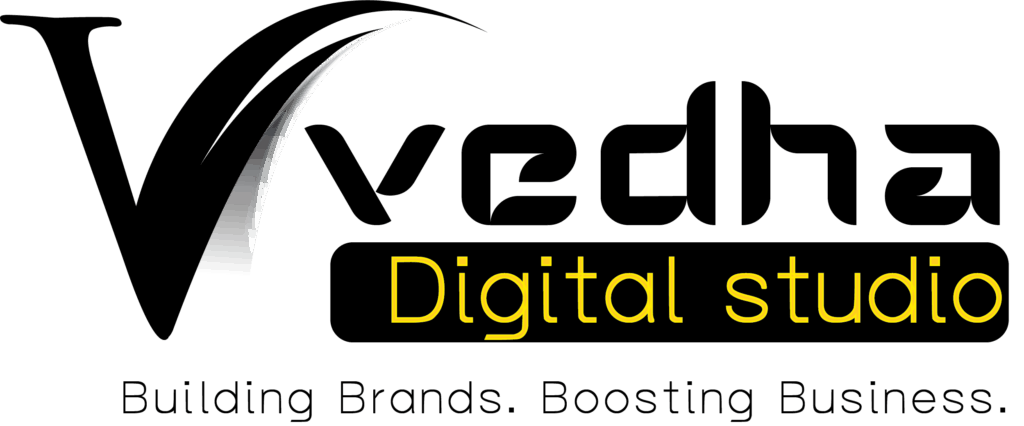
Freelancing as a developer comes with freedom and flexibility, but it also requires discipline, organization, and the right set of tools. Using the right tools can save time, increase productivity, and improve the quality of your work. In this guide, we’ll explore the essential tools and resources every freelance developer should consider.
1. Code Editors and IDEs
A powerful code editor or integrated development environment (IDE) is the backbone of any developer’s workflow.
-
Visual Studio Code (VS Code): Lightweight, customizable, and supports a wide range of extensions.
-
Sublime Text: Fast and minimal, ideal for quick edits.
-
IntelliJ IDEA / WebStorm: Best for JavaScript, Java, and advanced web development projects.
-
PyCharm: Perfect for Python developers.
💡 Tip: Choose a tool that suits your programming language and workflow. Extensions and plugins can significantly enhance productivity.
2. Version Control Tools
Version control helps you track code changes and collaborate efficiently with clients or other developers.
-
Git: The most widely used version control system.
-
GitHub / GitLab / Bitbucket: Platforms to host your repositories, collaborate, and showcase your work to potential clients.
💡 Pro Tip: Always commit code regularly and use meaningful commit messages. It makes debugging and collaboration easier.
3. Project Management Tools
Managing multiple clients and deadlines can be challenging. Project management tools keep you organized:
-
Trello: Simple, card-based task management.
-
Asana: Robust project and task tracking for complex projects.
-
Notion: All-in-one workspace for tasks, notes, and documentation.
💡 Tip: Keep your project workflow transparent for clients by sharing timelines and progress updates.
4. Communication Tools
Clear communication is crucial to maintain strong client relationships:
-
Slack / Microsoft Teams: For real-time messaging and team collaboration.
-
Zoom / Google Meet: Video conferencing for client meetings.
-
Email (Gmail, Outlook): Professional communication and documentation.
💡 Pro Tip: Always clarify project requirements and timelines during the first meeting to avoid misunderstandings.
5. Time Tracking and Productivity Tools
Freelancers need to track time and stay productive to maximize earnings:
-
Toggl / Clockify: Track hours spent on each project for accurate billing.
-
RescueTime: Monitors your workflow and helps improve productivity.
-
Pomodoro Timer: Helps maintain focus and avoid burnout.
💡 Tip: Bill clients accurately using time-tracking tools, especially for hourly projects.
6. Design and Prototyping Tools
Even if you’re a developer, understanding design helps improve your deliverables:
-
Figma / Adobe XD: For UI/UX design and prototyping.
-
Canva: Quick graphics creation for web and social media projects.
-
Photoshop / Illustrator: Advanced design work when needed.
💡 Tip: Learning basic design principles can make your projects more appealing to clients.
7. Learning Resources and Communities
Continuous learning is key in freelancing. Stay updated with trends, frameworks, and best practices:
-
MDN Web Docs: Documentation for HTML, CSS, and JavaScript.
-
Stack Overflow: Community-driven Q&A platform for troubleshooting.
-
freeCodeCamp: Tutorials and coding challenges for all levels.
-
YouTube / Udemy / Coursera: Courses to expand your skill set.
-
Reddit / Dev.to / Discord groups: Join developer communities to network and learn.
💡 Tip: Participate in coding challenges and open-source projects to enhance skills and visibility.
8. Financial and Invoicing Tools
Managing income, invoices, and taxes is crucial for freelancers:
-
QuickBooks / Zoho Books: Accounting and invoicing software.
-
PayPal / Wise / Stripe: Payment solutions for international clients.
-
Google Sheets / Excel: Simple tracking of projects, expenses, and earnings.
💡 Tip: Keep all financial records organized to avoid stress during tax season.
Final Thoughts
Being a freelance developer is not just about writing code—it’s about managing projects, communicating with clients, and continuously improving your skills. Using the right tools and resources will make your freelance journey smoother, more efficient, and more profitable.
Invest time in learning these tools, and you’ll see a significant improvement in productivity and client satisfaction.
SEO Keywords You Can Use:
freelance developer tools, tools for developers, resources for freelance developers, best software for freelancers, freelance developer productivity tools
